T4K3.news
Russia says it did not seek Ukrainian territory
Lavrov argues Moscow aimed at protection, not conquest, as talks with the U.S. unfold in Alaska.
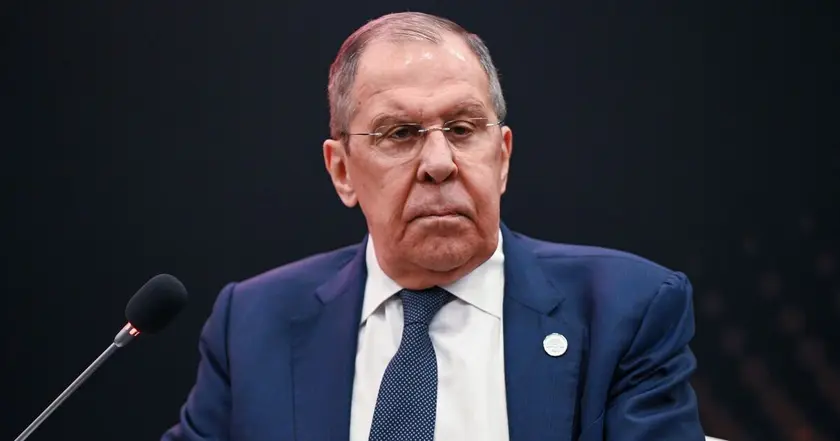
Lavrov frames Moscow’s Ukraine policy as protection of Russian speakers rather than conquest.
Lavrov asserts Russia never sought to seize Ukrainian territories
Russian Foreign Minister Sergei Lavrov said Moscow never sought to seize Ukrainian territories, claiming the aim was to protect the Russian people living there. The remarks came as Lavrov and other Kremlin figures prepared for a high-profile summit in Alaska with the United States, with Lavrov photographed wearing a CCCP T-shirt. The interview was carried by a Kremlin-aligned outlet and cited as part of broader messaging ahead of talks between Vladimir Putin and President Donald Trump.
Lavrov added that Crimea, Donbas, and Novorossiya have never been goals for Russia. He suggested Ukraine moved to restrict Russian speakers’ rights, while he argued Zelensky will not discuss any territories because of constitutional limits. The piece notes Russia’s 2014 annexation of Crimea and the 2022 full-scale invasion, and it recalls past Russian propaganda that promised a rapid victory and a parade in Kyiv.
Key Takeaways
"I want to emphasise once again that we have never said we just need to seize some territories."
Lavrov clarifies Moscow's stated aim on Ukraine
"Neither Crimea, nor Donbas, nor Novorossiya as territories have ever been our goal."
Lavrov outlines territorial ambitions
"If he really cares about his Constitution, then he should start with its first articles, where this obligation is enshrined."
Lavrov questions Zelensky's constitutional stance
"to protect the Russian people who have lived in the above-mentioned territories for hundreds of years"
Lavrov frames occupation as protection
Lavrov’s framing of the conflict relies on a protection narrative and a revival of Soviet symbolism to legitimize policy in the eyes of domestic and allied audiences. This approach emphasizes identity and history over territorial ambition, aiming to shape both international diplomacy and domestic opinion. It also signals how Moscow seeks to manage the perception of risk as the Ukraine war enters a new phase of diplomacy and negotiations.
The statements may complicate Western efforts to isolate Russia economically and politically if Moscow insists on reframing the conflict. By foregrounding Russian speakers’ rights and invoking the USSR, Moscow risks feeding a narrative of inevitability that could widen gaps with partners and fuel mistrust about future negotiations. The next steps in diplomacy will reveal how much history can still drive policy at the highest level.
Highlights
- CCCP tee in Alaska signals a bigger message
- Diplomacy meets history on the world stage
- The past returns to the diplomacy table
- Protect the Russian people not a conquest
Political sensitivity risk in Ukraine dispute claims
The statements touch on contested territories and long-running tensions between Russia and Ukraine. They could provoke backlash from allied governments and complicate diplomacy.
The coming weeks will show whether history helps or hinders a path to dialogue.
Enjoyed this? Let your friends know!
Related News
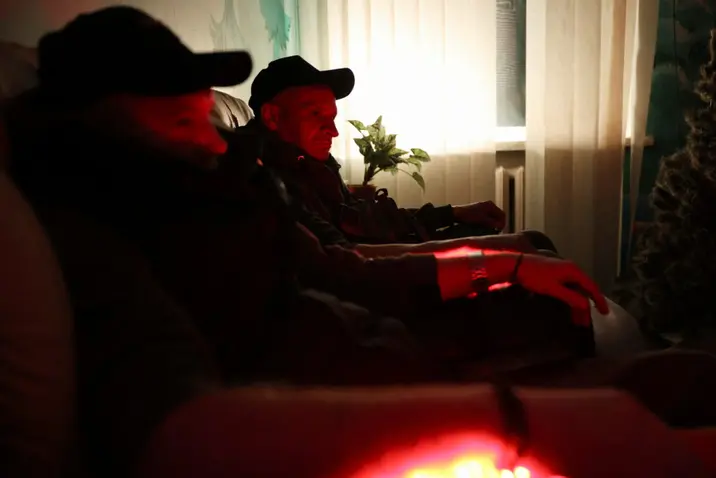
Ukraine rejects Donbas concessions in ceasefire talks
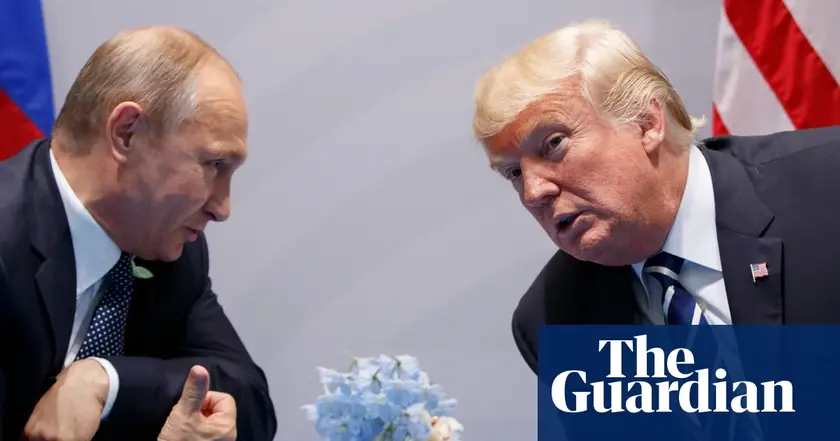
Trump Putin Alaska summit stirs Ukraine worries
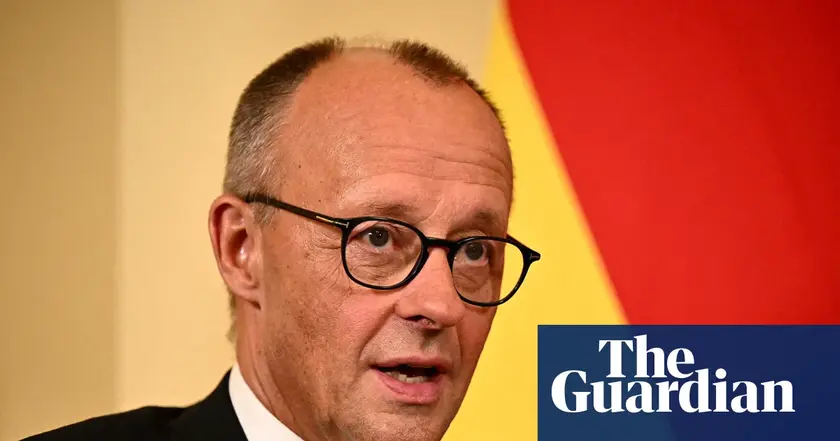
EU seeks red lines ahead of Trump Putin talks
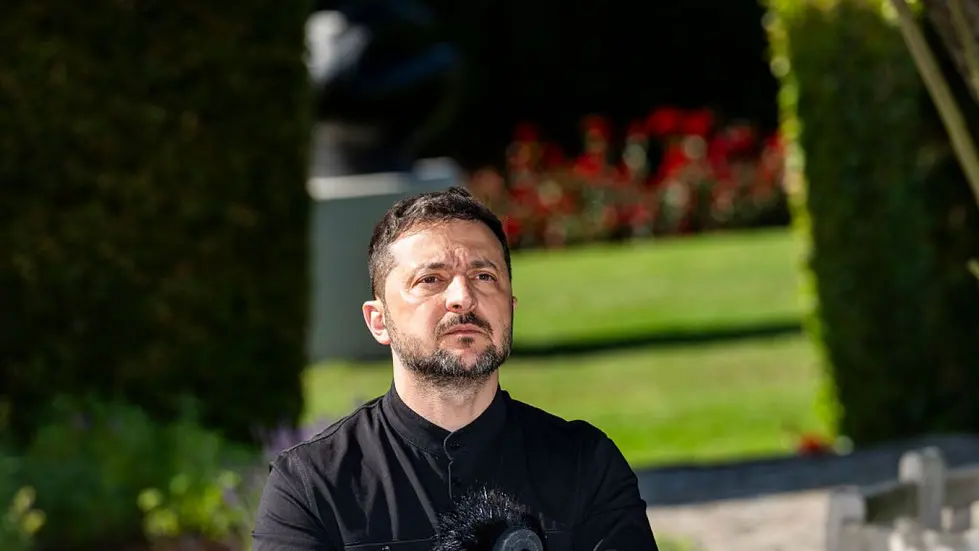
Zelenskyy vows no land cession as Trump Putin summit nears
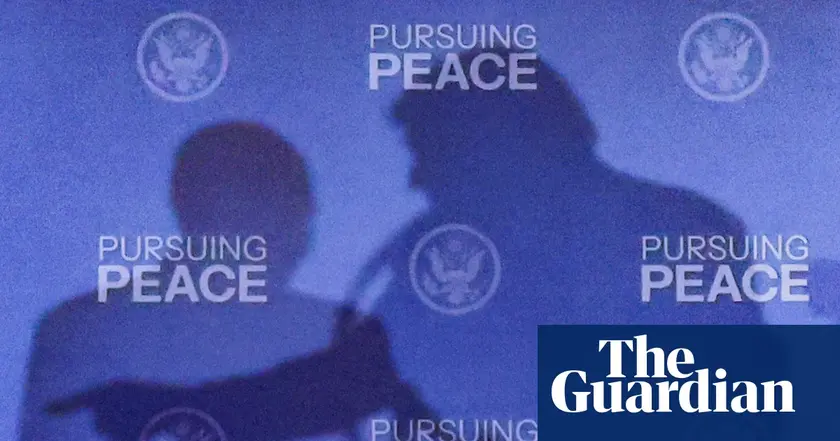
Ukraine at stake as land swap talks surface
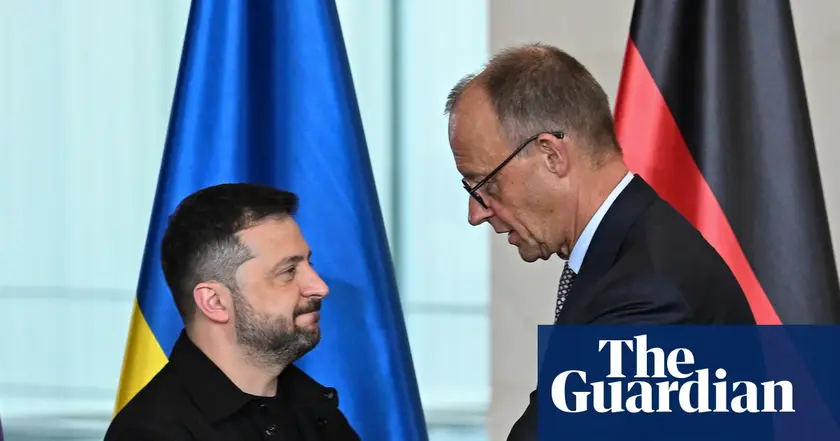
Trump reassures Europe on Ukraine talks
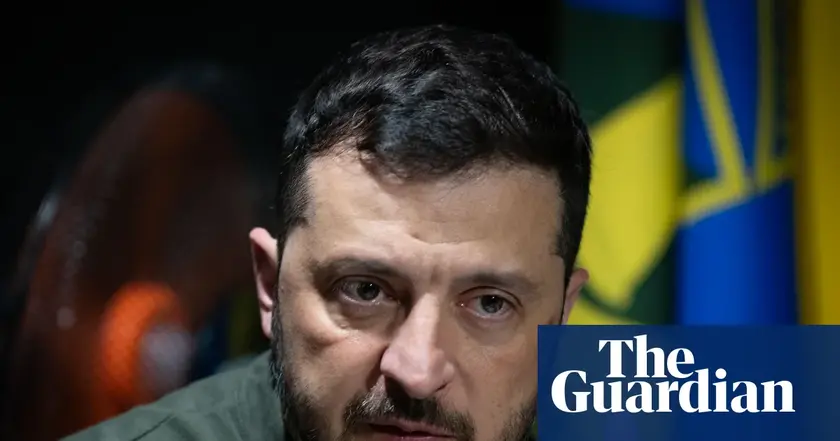
Ukraine rejects Russia demand for Donbas
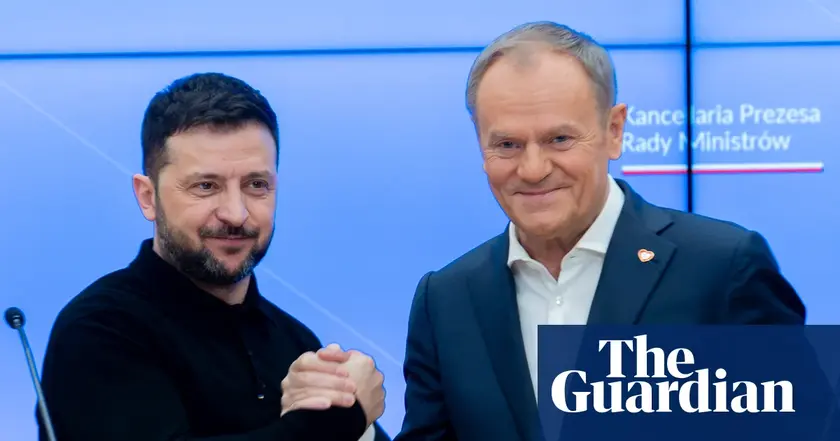
Ceasefire signals grow as US and Russia seek talks
